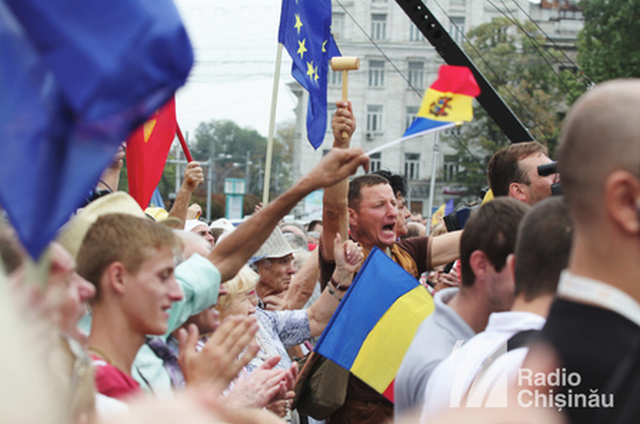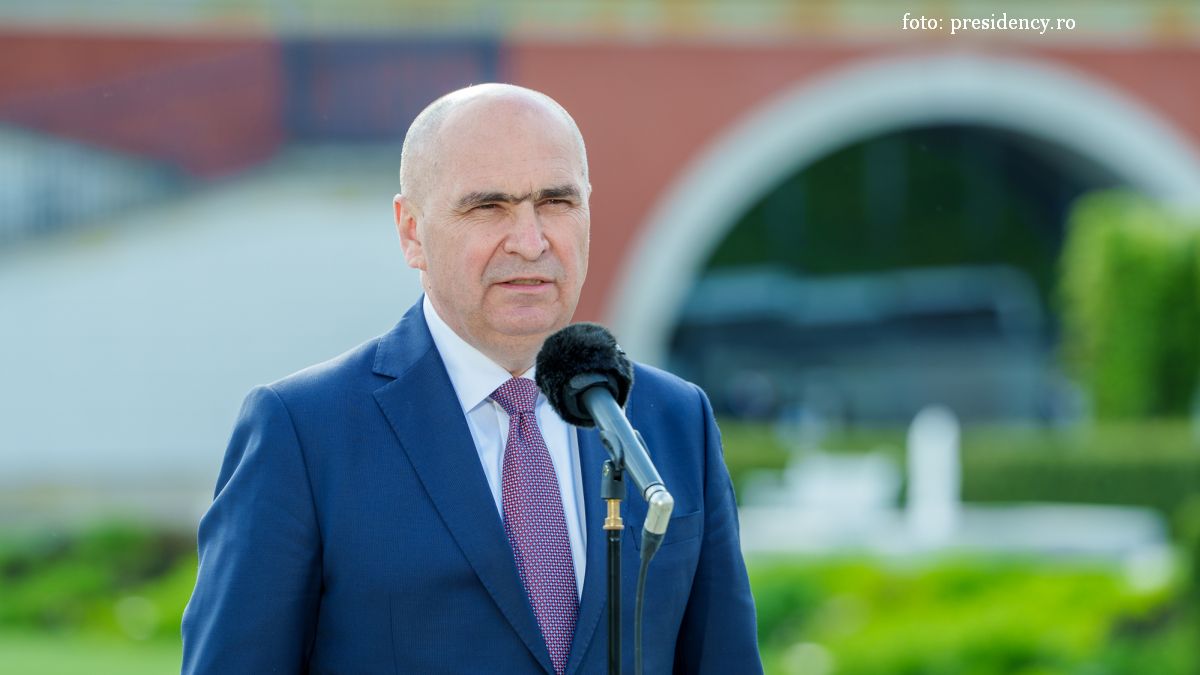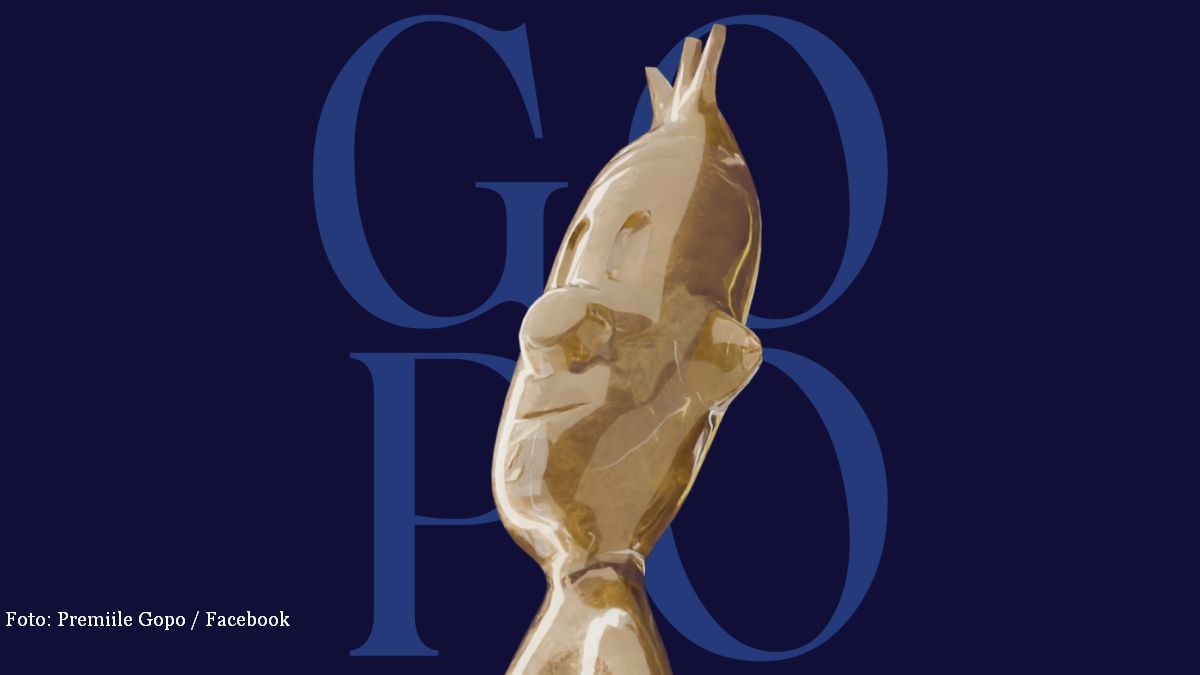A tense situation in Chisinau
A look at the latest developments in the neighbouring Republic of Moldova.

Bogdan Matei, 21.10.2015, 14:26
The target of increasingly vehement criticism in the
media and both civil society and the leftist opposition, the pro-Western power
in Chisinau is also in a tight corner in Parliament. On Tuesday, the Socialist
MPs signed a no-confidence motion against the three-party government made up of
the Liberal Democrats, the Democrats and the Liberals and headed by the new
leader of the Liberal Democrats, Valeriu Strelet. The Socialists’ leader, Igor
Dodon, announced he would go all the way to get the current Government to
resign and call early elections. Igor Dodon:
We have asked for the resignation of the heads of
several institutions and we continue to demand the resignation of the Strelet
government. We also want the president to hand in his resignation, we want the
head of state to be elected through direct election and we insist on early
parliamentary elections next spring.
The Communists, led by the former president of the
country Vladimir Voronin, have announced they will support the Socialists’
initiative to replace Strelet’s political cabinet with a government made up of
technocrats. Appointed PM less than three months ago, Valeriu Strelet sees the
no-confidence motion against his government as an attempt to further
destabilise the country’s already difficult political and economic situation:
They are trying to put into practice something that
they have been planning for a long time: to sidetrack the Republic of Moldova
from its strategic right to become part of the European Union. A plot is being
hatched against the Republic of Moldova. Things are already in motion and the
final act will take place in the Moldovan Parliament, where a secret vote will
be held to force the resignation of a pro-European government.
Previously, President Nicolae Timofti himself warned
that dissatisfaction with the activity of public institutions and some
dignitaries is used by neo-Soviet forces seeking to put an end to the country’s
European aspirations. In order for the no-confidence motion to pass, 51 yes
votes are needed out of a total 101. The Socialists and the Communists together
do not have those 51 votes, but in a political climate that has never been
defined by loyalty, a surprise is always possible.
The new political crisis in Moldova was triggered by
the arrest, last week, of the former prime minister and Liberal Democrat leader
Vlad Filat. Accused of influence peddling and bribe taking worth 250 million
dollars as part of the scandal surrounding the mysterious
disappearance of one billion dollars from the Moldovan banking system, Filat
dealt his own political party a heavy image blow. For political commentators in
Chisinau, there seems to be no way out of this political situation. The only
available choice, they say, is between a government that, for all its
pro-European noises, has only robbed the country, and an opposition that, under
the pretext of fighting corruption, may very well take Moldova back under
Moscow’s control.






























